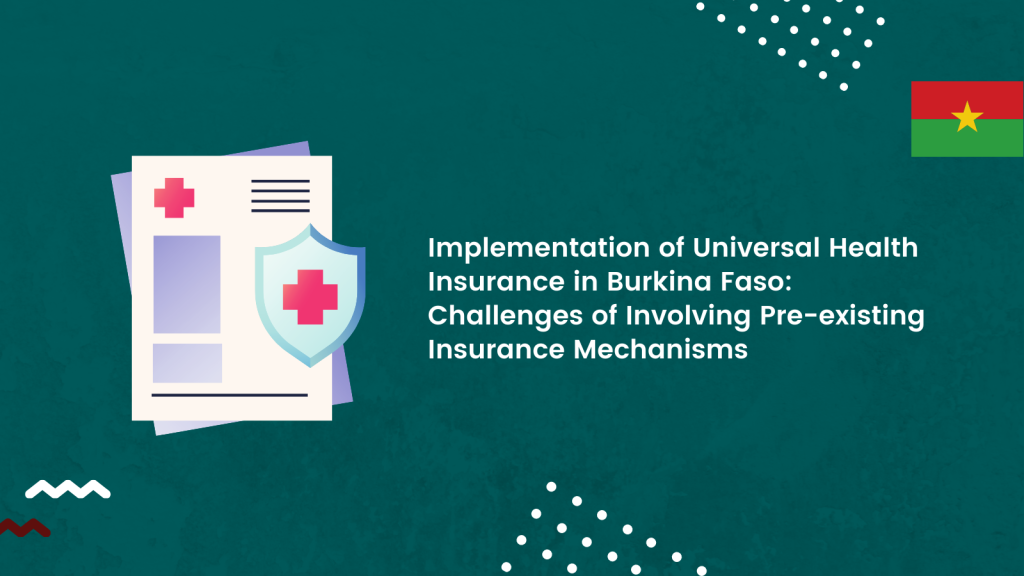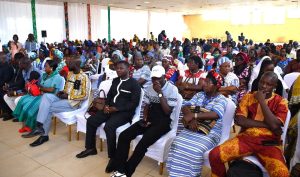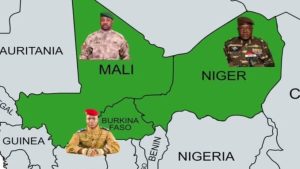Universal health coverage: A lifeline for Burkina Faso’s informal workforce

In Burkina Faso, the informal sector is the backbone of the national economy, contributing over 40% of the GDP and accounting for roughly 90% of jobs. However, this economic vitality masks a profound vulnerability: the vast majority of these workers lack access to adequate social protection, particularly for healthcare. The Universal Health Insurance scheme (Régime d’assurance maladie universelle – RAMU) emerges as a promising solution to bolster the social and economic resilience of these millions.
For traders, artisans, transporters, and market vendors, RAMU provides a crucial safety net, granting access to quality care without the risk of financial ruin from medical bills.
See also: Burkina Faso: Anti-smoking decree comes into force, a decisive step for public health
A key advantage is risk pooling. Contributions, tailored to workers’ means, collectively fund healthcare for all members, fostering social inclusion and narrowing the health access gap between the formal and informal sectors.

Beyond health, the scheme promotes economic stability. By shielding workers from catastrophic health expenses, it strengthens the productivity of these individuals, who are often breadwinners and drivers of the local economy.
The Burkinabe government, through the CNAMU agency ( the National Universal Health Insurance Fund ) , is committed to progressively extending this coverage.
If successful, universal health insurance could become a powerful tool for fighting poverty and building a fairer society where health is a guaranteed right for all.
Olivier TOE






